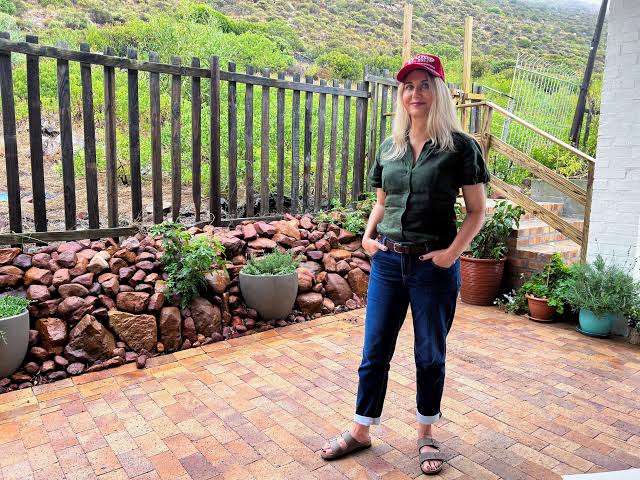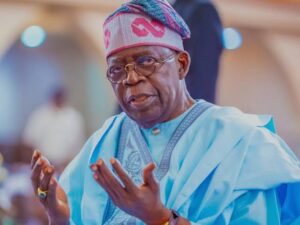The first group of white South Africans granted refugee status under a program initiated by former U.S. President Donald Trump departed from Johannesburg’s main international airport on Sunday, bound for the United States.
A Reuters reporter observed a group of white citizens with luggage-laden trolleys, many wrapped in protective cellophane, awaiting passport control before entering the departure lounge for their charter flight.
Collen Msibi, spokesperson for the South African transport department, confirmed that 49 passengers had been cleared for departure, stating, “One of the conditions of the permit was to ensure that they were vetted in case one of them has a criminal issue pending.” Journalists were denied access to the departing group.
Msibi indicated that the flight was scheduled to arrive at Dulles Airport outside Washington, D.C., before continuing to Texas. The passengers had boarded the plane, but it had not yet departed as of 8:30 p.m. (1830 GMT).
Trump’s offer of asylum to white South Africans, particularly Afrikaners, has been a contentious issue in both countries. The offer, which prioritizes resettling Afrikaners, was based on the claim that they are “victims of unjust racial discrimination.” This stance contrasts with the Trump administration’s broader restrictions on refugee admissions, which disproportionately affected non-white populations.
In South Africa, the offer has sparked debate amid heightened racial tensions over land and jobs, issues that have persisted since the end of white minority rule. South African authorities have criticized the Trump administration’s intervention, arguing that it misunderstands a complex domestic political issue.
Despite the end of apartheid three decades ago, white South Africans continue to hold a disproportionate share of the country’s wealth. According to the Review of Political Economy, whites own approximately three-quarters of private land and possess roughly 20 times the wealth of the Black majority. Additionally, whites experience the lowest rates of unemployment in the country.
The assertion that white South Africans face discrimination from the Black majority has gained traction within far-right circles and has been echoed by figures such as Elon Musk, who was born in South Africa.






